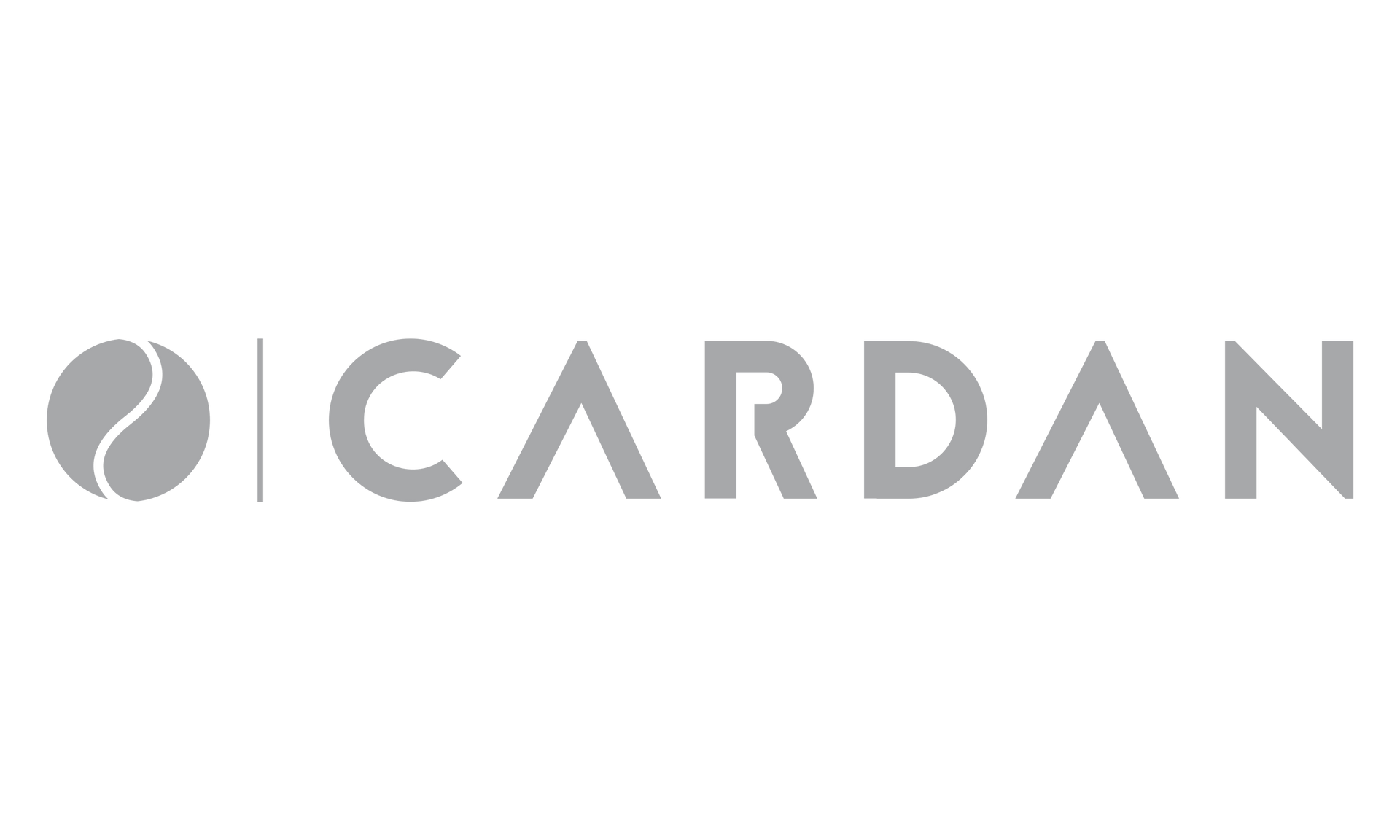Latest News
ISO/IEC 42001:2023 Information Technology -
Artificial Intelligence Management System Standard

Navigating the Future with ISO 42001:2023 - Artificial Intelligence Management System
In a world where artificial intelligence (AI) is no longer a concept of the future but an integral part of our present reality, the need for standardised frameworks to ensure its responsible and effective use has never been more relevant. ISO 42001:2023, the latest iteration of the international standard specifically tailored to address the management of artificial intelligence systems within organisations.
Understanding ISO 42001:2023
ISO 42001:2023, officially titled "Artificial intelligence -- Management system requirements," builds upon its predecessor, ISO 42001:2013, to provide organisations with a comprehensive framework for the responsible deployment and management of AI technologies. This updated standard considers the latest developments in AI research, as well as emerging ethical considerations and regulatory requirements.
Key Enhancements in ISO 42001:2023
Expanded Scope: ISO 42001:2023 takes a broader view of AI technologies, encompassing a wide range of applications, including machine learning, natural language processing, computer vision, and robotic process automation. This reflects the increasing diversity and complexity of AI systems in use today.
Ethical Framework: The updated standard places greater emphasis on ethical considerations in AI governance, drawing inspiration from principles such as fairness, transparency, accountability, and human-centricity. Organisations are required to embed ethical guidelines into the design, development, and deployment of AI systems, ensuring alignment with societal values and regulatory requirements.
Risk Management: ISO 42001:2023 adopts a more robust approach to risk management, acknowledging the multifaceted risks associated with AI technologies, including data privacy breaches, algorithmic bias, security vulnerabilities, and unintended consequences of AI decision-making. Organisations are tasked with identifying, assessing, and mitigating these risks through systematic processes and controls.
Human-AI Interaction: Recognising the importance of human-AI collaboration, the standard encourages organisations to design AI systems that are intuitive, user-friendly, and capable of interacting effectively with human users. This includes considerations such as user interface design, explain-ability of AI decisions, and mechanisms for human oversight and intervention.
Data Governance: Given the central role of data in AI systems, ISO 42001:2023 places a strong emphasis on data governance practices, including data quality management, data protection measures, and compliance with relevant data protection regulations such as GDPR or CCPA.
Organisations are required to implement robust data governance frameworks to ensure the integrity, confidentiality, and availability of AI training data, such as an ISO 27001:2022 Information Security, Cybersecurity and Privacy Protection Management System.
Benefits of Implementing ISO 42001:2023
The adoption of ISO 42001:2023 offers several benefits for organisations seeking to harness the power of AI while mitigating associated risks:
Enhanced Trust and Credibility: By adhering to internationally recognised standards for AI management, organisations can enhance trust and credibility among stakeholders, including customers, investors, and regulatory authorities.
Ethical Compliance: ISO 42001:2023 provides a structured framework for integrating ethical considerations into AI development and deployment processes, ensuring alignment with societal values and regulatory requirements.
Risk Mitigation: The systematic approach to risk management prescribed by ISO 42001:2023 helps organisations identify and mitigate potential risks associated with AI deployment, reducing the likelihood of costly errors or reputational damage.
Improved Performance: By establishing clear objectives and performance metrics for AI systems, organisations can better track their performance and identify opportunities for optimisation and innovation.
Competitive Advantage: Organisations that demonstrate a commitment to responsible AI management through the implementation of an ISO 42001:2023 compliant management system may gain a competitive advantage in the marketplace, attracting customers who prioritise ethical and transparent AI solutions.
Conclusion
ISO 42001:2023 represents a significant milestone in the standardisation of AI management practices, providing organisations with a structured approach to harnessing the potential of AI technologies while addressing associated risks and ethical considerations.
By embracing this updated standard, organisations can demonstrate their commitment to responsible AI governance, enhance stakeholder trust, and navigate the complex landscape of AI technologies with confidence and integrity.
As AI continues to reshape industries and redefine the way we work and interact, ISO 42001:2023 serves as a beacon of guidance, helping organisations steer towards a future where AI is harnessed for the greater good of society.
Daniel Pemberton
29/02/2024
All Rights Reserved | Cardan Compliance Services.
